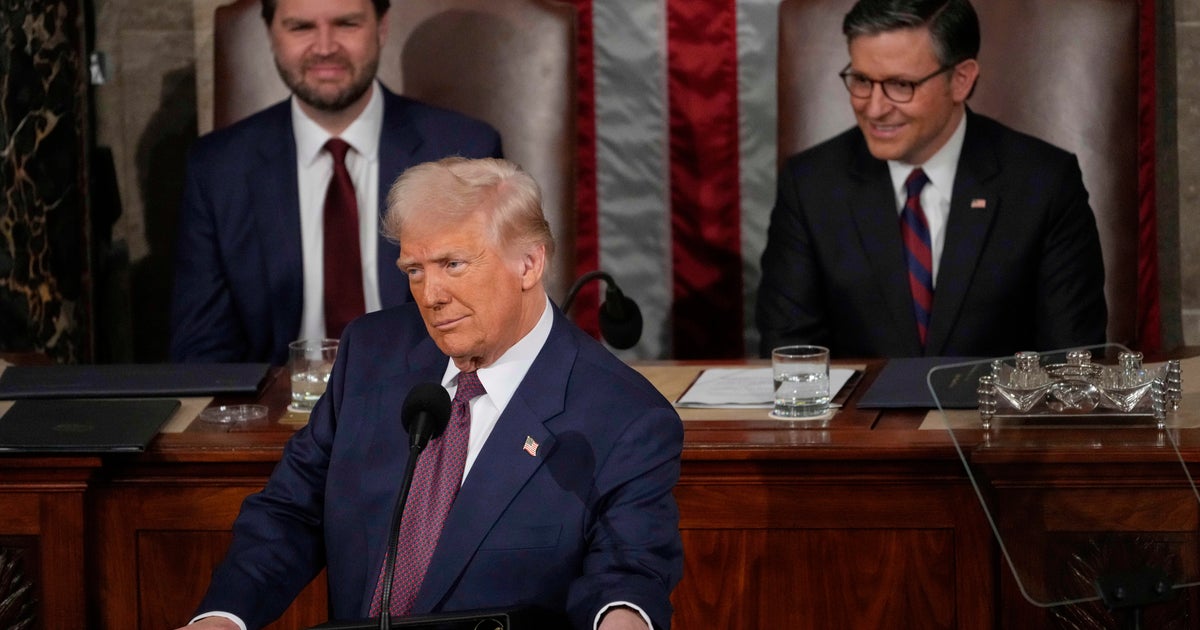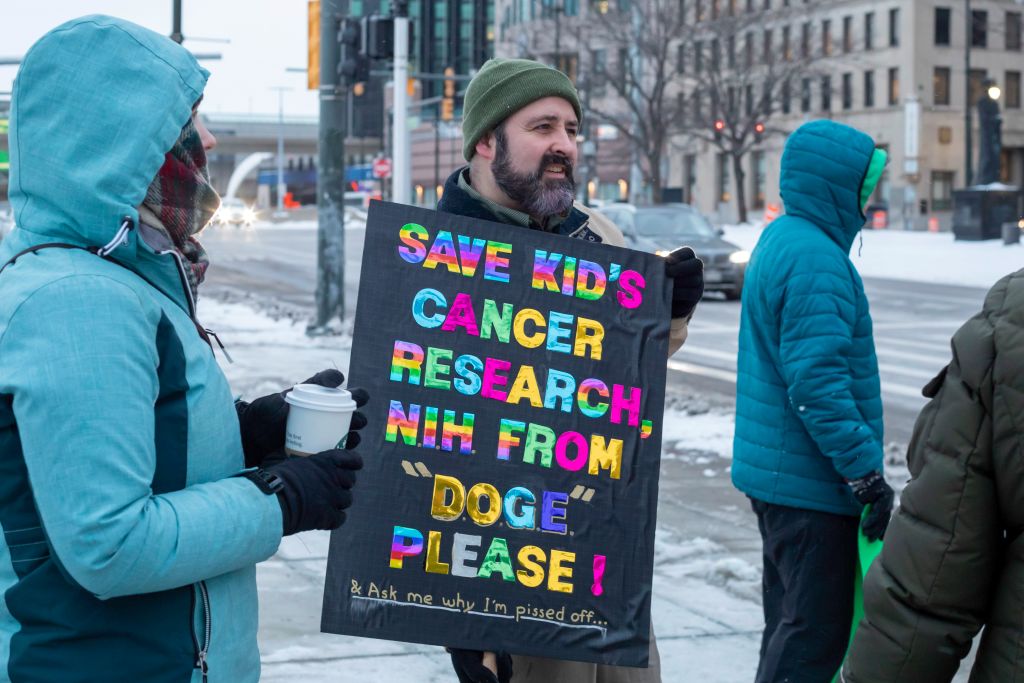Fauci and Redfield say they expect coronavirus vaccine to be widely available by spring
Washington — Centers for Disease Control director Robert Redfield defended his comments from last week that the majority of Americans may not be able to receive a dosage of a coronavirus vaccine until next year, after President Trump said that Redfield had "made a mistake."
"We will have the 700 million doses based on projection by late March, early April," Redfield said during a hearing before the Senate Committee on Health, Education, Labor and Pensions (HELP) on Wednesday.
Mr. Trump contradicted the CDC director about the timeline a vaccine last week, claiming it would be distributed sooner, after Redfield said it would not be widely available until the second or third quarter of next year.
Dr. Anthony Fauci, the director of the National Institute of Allergy and Infectious Diseases, also told the committee on Wednesday that he expected there to be around 700 million doses of the vaccine by April 2021. He added that there would likely only be 50 million doses by December, so "it is not going to be a large proportion of the population" that receives the vaccine by the end of the year. Fauci said that recipients of the vaccine this fall would "likely will be health care providers and likely will be those who are vulnerable with preexisting conditions."
Redfield and Fauci were joined at the hearing by Assistant Secretary For Health Dr. Brett Giroir and Dr. Stephen Hahn, the director of the Food and Drug Administration. Their testimony came the day after the U.S. passed the grim milestone of 200,000 coronavirus deaths, according to Johns Hopkins University.
In his opening statement, Fauci said that he believed the country would know by November or December whether the vaccines currently being developed would be effective.
"We feel strongly that if we have a combination of adherence to the public health measures together with a vaccine ... we may be able to turn around this terrible pandemic which we have been experiencing," Fauci said.
Hahn repeatedly said in his opening statement that the efficacy of a vaccine would not be determined by any political actors, but by career scientists at the FDA. Some Democrats have raised concerns that political considerations for the president could affect the speed at which a vaccine is being developed.
"I will fight for science. I will fight for the integrity of the agency," Hahn said, implicitly pushing back against those concerns.
Each member of the panel confirmed that they had confidence in the FDA vaccine development process, and would take the vaccine and recommend it to their families as soon as it was confirmed to be safe and effective.
Democratic Senator Patti Murray, the ranking member of the committee, grilled Redfield on why the CDC updated its COVID-19 guidance to acknowledge the risk that the coronavirus can be transmitted through airborne respiratory particles, and then edited its website again Monday morning to take that information down. Redfield said that the CDC website could be trusted to provide the public with accurate information, even if that information occasionally had to be "modified."
"My agency and myself are committed to data and science, and to giving the American public the best public health recommendations we can," Redfield said.
Efforts to rapidly test, manufacture and distribute the vaccine have left some people skeptical of its safety. There are currently seven companies with vaccines in Phase 3 clinical trials, the final phase of vaccine development which involves large-scale tests on at least 30,000 people.
Audrey McNamara contributed to this report.



